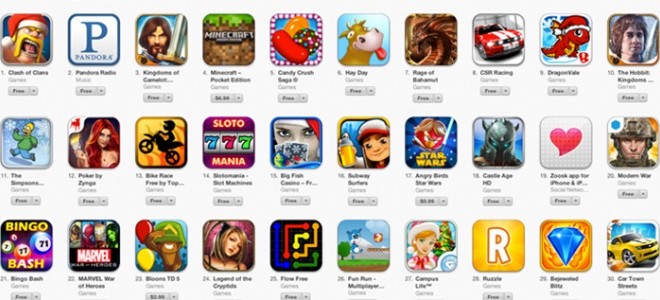The European Commission has released its findings into an investigation into in-app purchases that began in February. According to the European Commission games should no longer be advertised as free if they contain any type of microtransaction or in-game purchase. They should also not attempt to exhort children into buying items and adequately inform customers about payment arrangements. Another rule forces games to get explicit permission from customers for every purchase. Finally, all companies who release a free-to-play game should provide an email address for customers complaints and queries.
While the European Commission ruling only affects stores and games in Europe, it is likely that companies will look to implement the changes globally in order to avoid confusion. It will allow them to only have to develop one version of a game for release. Individual countries will come up with their own punishments and enforcement of the new rules.
Free-to-play games have been present in the industry for a number of years, though they have only come to prominence recently. The popularity of gaming on smartphones and social media sites such as Facebook has led to an explosion of free-to-play titles. They traditionally allow gamers to download or play a game for free, offering extra content and power-ups via microtransactions. The payments are often unclear though. They can seem like items are being bought with in-game currency rather than real-life money, especially to children.
These types of games have recently hit headlines due to investigations by the Federal Trade Commission into digital stores and in-app purchases. Apple has already agreed to pay out a total of $32.5 million to 37,000 customers over purchases made in games bought from the App Store that were unclear. Google has also announced that they are looking to overhaul their Google Play store front. This primarily involves removing the word free from any games that offer in-game purchases or microtransactions. Meanwhile, Amazon has already revealed that intends to fight the FTC over its demands that it comply with the same rules it imposed on Apple in its settlement.
 Load the Game Video Games, Reviews, Game News, Game Reviews & Game Video Trailers
Load the Game Video Games, Reviews, Game News, Game Reviews & Game Video Trailers



